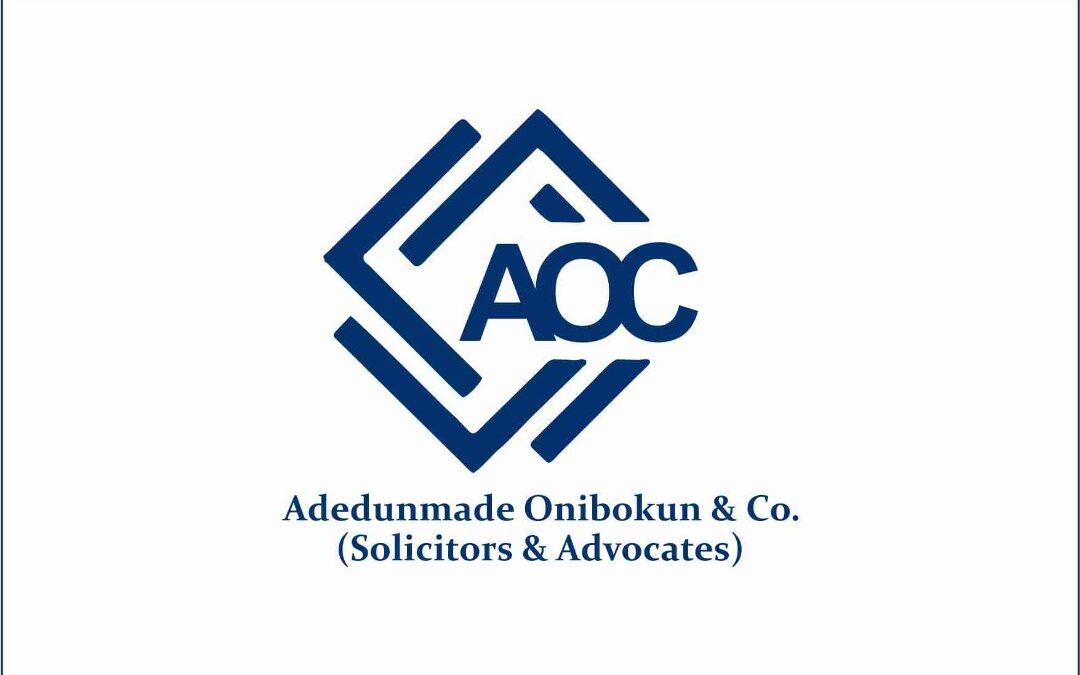Introduction
Nigeria’s national policy on foreign investment encourages economic growth and fosters international business relations by allowing foreign investment across all sectors of the economy. Foreign investors can enter the Nigerian market through two primary avenues:
1. Foreign Portfolio Investment (FPI): This involves investing in stocks and securities of existing Nigerian companies.
2. Foreign Direct Investment (FDI): A foreign investor can enter the Nigerian market by establishing businesses and acquiring assets within Nigeria.
The Companies and Allied Matters Act, 2020, mandates that any foreign company intending to conduct business in Nigeria must first be incorporated as a separate legal entity within the country, unless exempted by the Minister. Until incorporation is completed, such a foreign company is not permitted to establish a place of business in Nigeria, except for receiving notices and other documents related to the incorporation process. You can read more about company registration here.
However, foreign investors are prohibited from engaging in businesses listed under the “negative list” as outlined in the Nigeria Investment Promotion Commission (NIPC) Act. This list restricts both local and foreign investments in specific sectors.
According to Section 17 of the NIPC Act, a non-Nigerian may invest in and operate a business in Nigeria, subject to Section 18, which explicitly states that the provisions of Section 17 do not apply to industries on the negative list. The prohibited sectors of investment under the negative list as provided in section 31 of the NIPC Act are:
i. production of arms, ammunition, etc.;
ii. production of and dealing in narcotic drugs and psychotropic substances;
iii. production of military and Para-military wears and accoutrements, including those of the Police and Customs, Immigration, and Prison Services; and
iv. such other items as the Federal Executive Council (“FEC”) may from time to time determine.
Foreigners who seek to invest in Nigeria should take note of the following;
1. Registration and Compliance with Regulatory bodies
It is a requirement that all foreign investors register their businesses with the Corporate Affairs Commission (CAC) . A company with foreign ownership must meet minimum share capital requirements, which vary depending on the business sector.
2. Acquisition of Business Permits
Foreign investors are obligated to obtain all necessary business permits, such as the Nigerian Investment Promotion Commission (NIPC) registration certificate.
3. Sector-Specific Licenses
Foreign investors in specific industries, such as oil and gas, telecommunications, and banking, require additional licenses from relevant regulatory bodies. Foreign investors must obtain these licenses to enable them carry out business legally in Nigeria.
4. Expatriate Permit
A foreign investor who intends to reside in Nigeria while doing business must obtain an expatriate permit in order to move and live legally in Nigeria. Foreign companies with foreign staff must obtain permits for the foreign staff.
5. Ownership and Local Content Regulations
Foreign investors should take cognizance of the restriction of foreign ownership in some sectors, like real estate and legal practice, which can only be owned by Nigerian citizens or firms. Some industries such as oil and gas are governed by laws that seek to promote local participation such as the Nigerian Oil and Gas Industry Content Development Act . The act mandates a specific level of local participation and procurement.
6. Foreign Exchange Regulations
Foreign Exchange (Monitoring and Miscellaneous Provisions) Act ensures foreign investors can repatriate profits and dividends through authorized channels, provided they comply with reporting and regulatory requirements .
7. Taxation Obligations and Pioneer Status
Foreign investors must comply with Nigeria’s tax laws, which include corporate income tax, value-added tax (VAT), and withholding taxes. The double Taxation Treaties Nigeria has entered into treaties with several countries to prevent double taxation, offering potential relief to foreign investors.
Pioneer Status
Under the Industrial Development (Income Tax Relief) Act, Cap. 17, Laws of the Federation of Nigeria, 2004, certain industries are classified as pioneer industries. Consequently, companies producing goods within these designated industries may qualify for Pioneer Status. Under the current industrial policy, companies granted Pioneer Status are entitled to an income tax holiday for up to five years.
A foreign investor establishing a company eligible for Pioneer Status must ensure registration with the Nigerian Investment Promotion Commission (NIPC) to benefit from this tax incentive.
8. Limitation on Land Ownership
Foreign investors cannot own land outright but can lease land for up to 99 years. Long-term leases are subject to government approval. Any transfer of interest in land requires the approval of the state governor, as mandated by the Land Use Act.
9. Anti-Corruption and Anti-Fraud laws
Nigeria has strict anti-corruption laws, such as the Economic and Financial Crimes Commission (EFCC) Act and the Independent Corrupt Practices and Other Related Offences Commission (ICPC) Act.
Conclusion
Investing in Nigeria presents significant opportunities, but foreign investors must navigate various legal and regulatory frameworks. Understanding compliance requirements, securing necessary permits, and adhering to foreign exchange and local content regulations are essential for successful business operations. By taking proactive steps, foreign investors can ensure a smooth entry and sustainable investment in Nigeria’s dynamic economy.
If you have questions about foreign business participation in Nigeria, do not hesitate to send us a mail via info@aocsolicitors.com.ng

